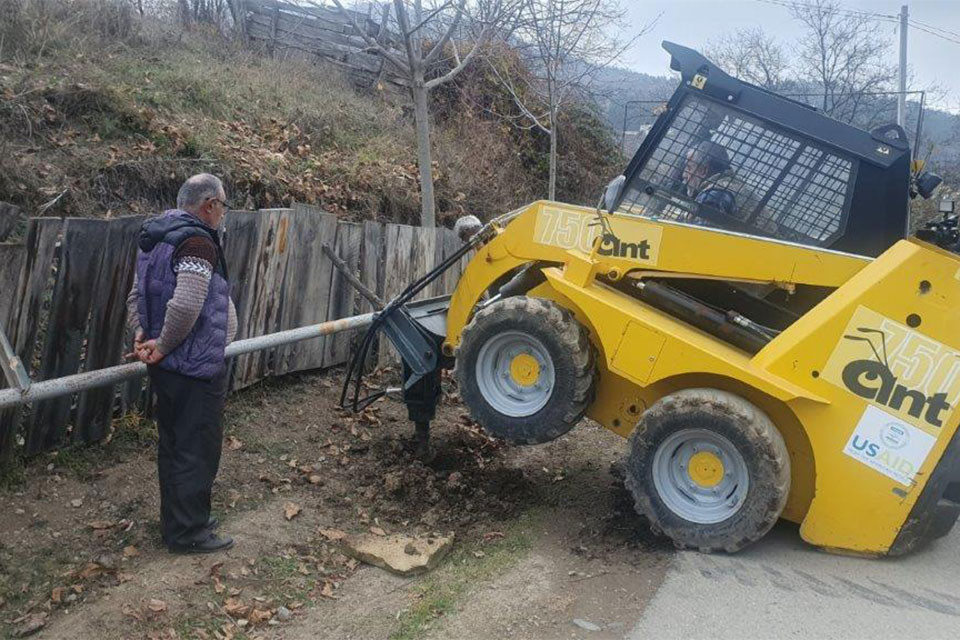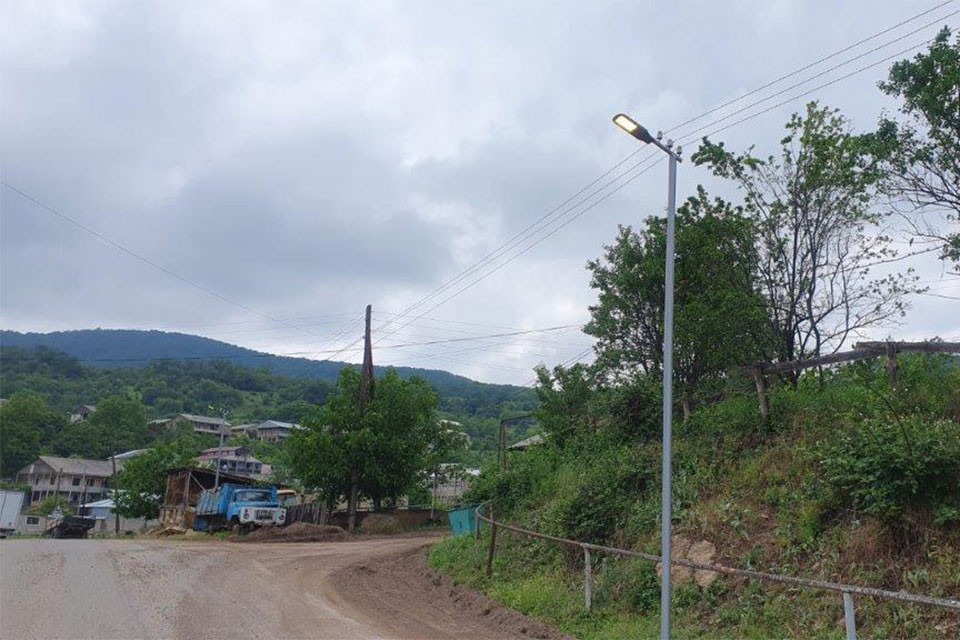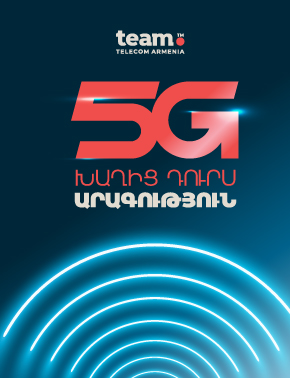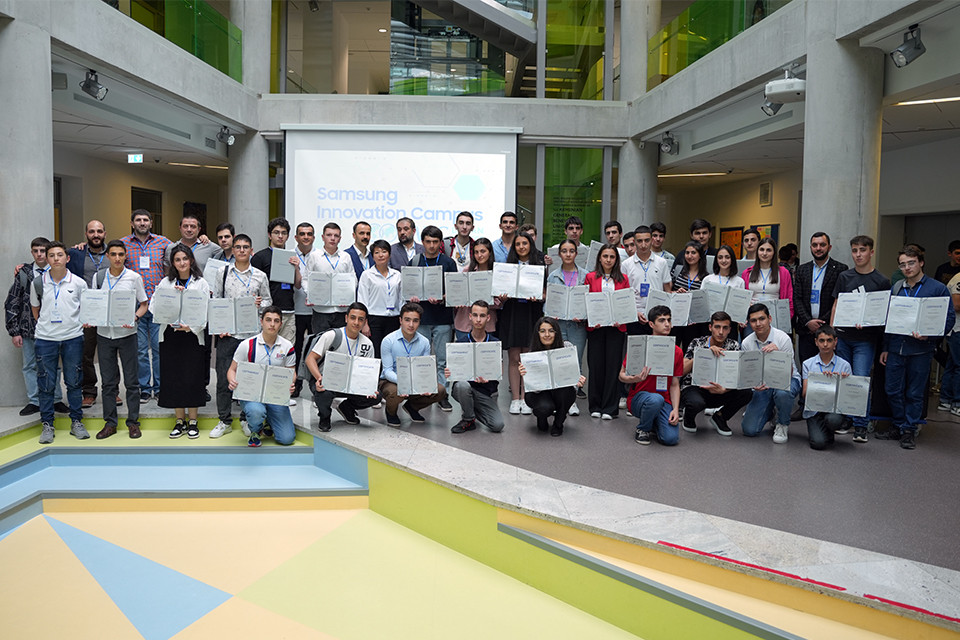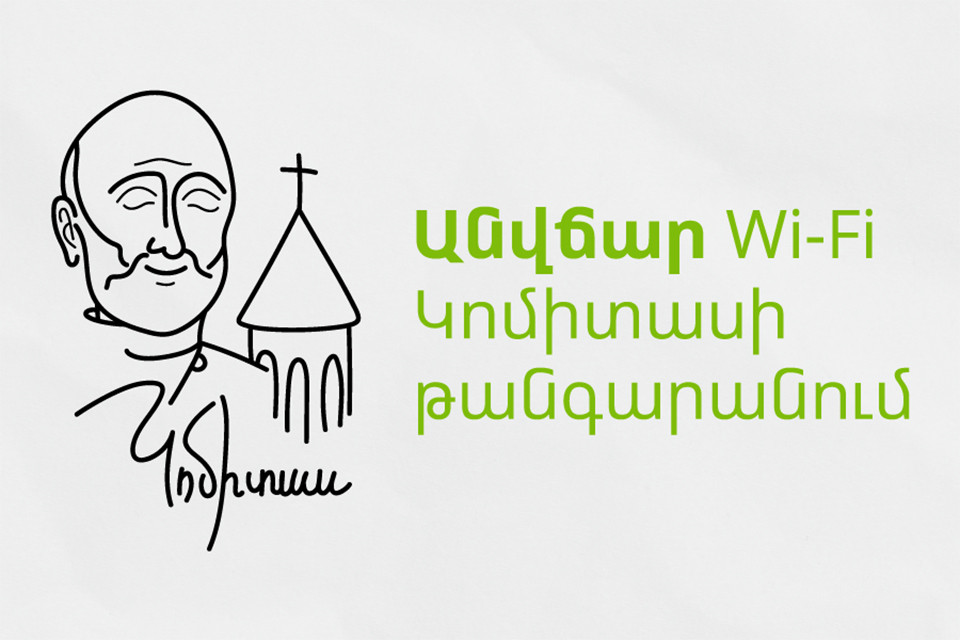13:06 | 15.06.23 | News | 8257
Viva-MTS implements four projects of infrastructure development in Koghb
Viva-MTS and the Foundation for the Preservation of Wildlife and Cultural Assets (FPWC) have implemented four projects in village of Tavush region Koghb over the years.
Within the framework of corporate social responsibility, Viva-MTS and FPWC have implemented 3 projects for the lighting of only a part of the streets. The community also partially contributed to them.
During 2020, 1850 meters of roads were illuminated in Koghb, 50 LED floodlights were installed. And in next year, the number of LEDs increased by 37, illuminating another 1,500 meters.
The general indicator has changed in 2022, as well: 58 more LED floodlights were installed, 2.2 km of road was illuminated. Thus, as a result of three projects, with the efforts of Viva-MTS and FPWC, 145 LED floodlights were installed in the village, and a road with a length of about 5600 meters was illuminated.
The partners’ first joint project in Koghb was implemented four years ago, in kindergarten No. 1. For years, the atypical building, built in 1965, was heated with coal stoves and with wood stoves in the years following the collapse of the Soviet Union. With the efforts of Viva-MTS and FPWC, the heating system has been changed with a centralized one, equipped with solar water heaters.
“The introduction of energy-saving heating systems in border and remote settlements is one of the important steps in creating a network of eco-villages. In this way, it will be possible to integrate these villages in a process based on the four components of sustainable development: environmental, economic, cultural and social. As a result of the project, the budgetary costs of the community will be significantly reduced, there will be savings that can be directed to the solution of other problems,” the company said in a news release.

17:29 | 24.09.25 | Articles
Jacopo Losso on Cross-Border Investments and Why Armenia Attracts Angels

